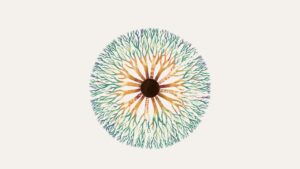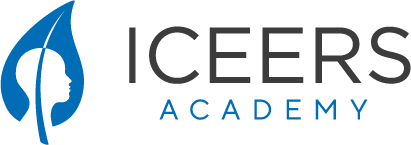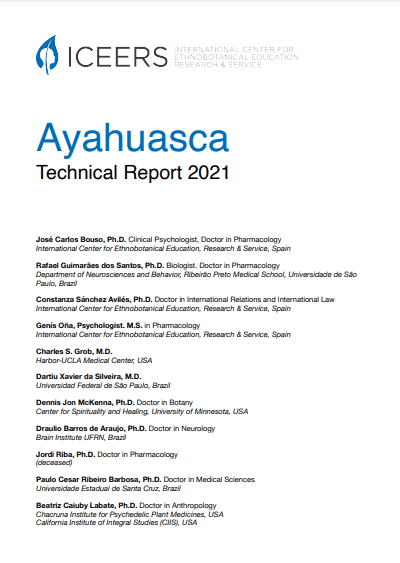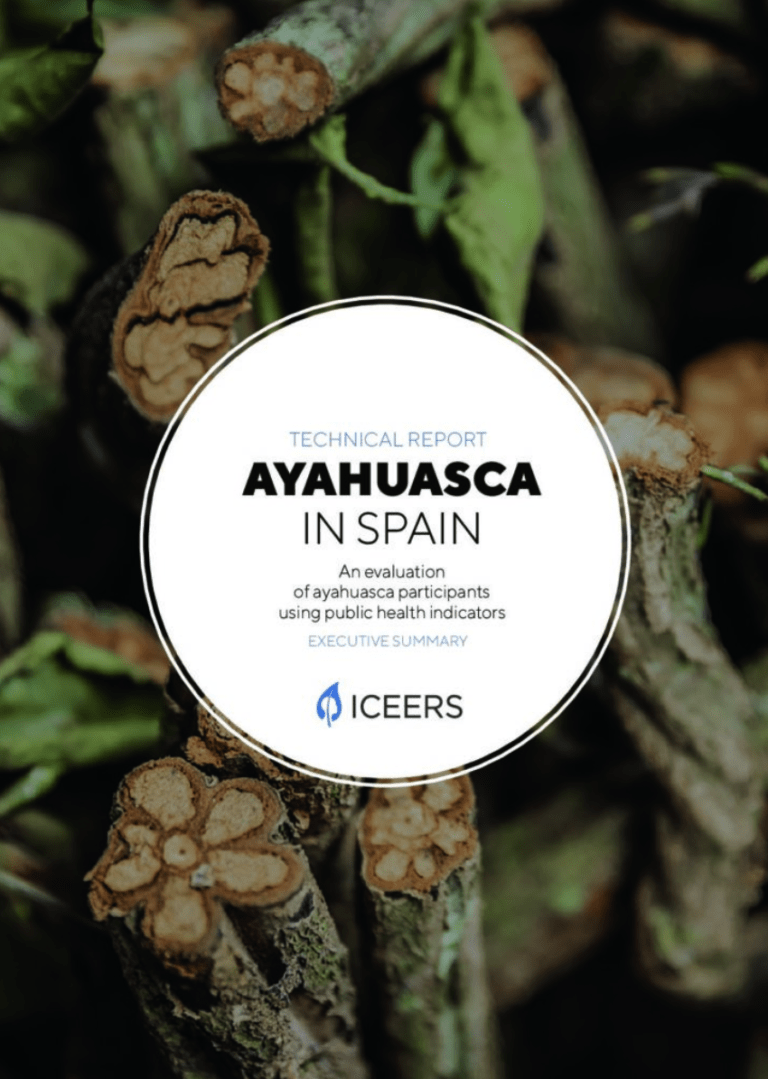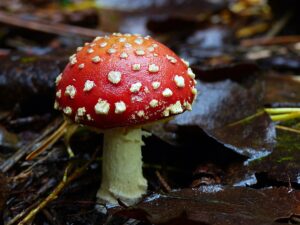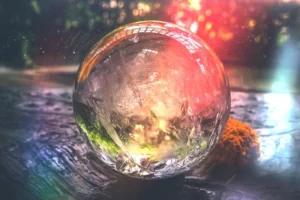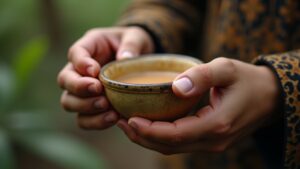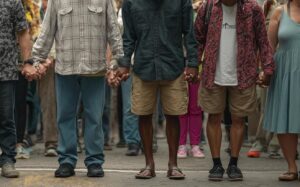
International Rejection of the Death Penalty for Drug Offenses
Every June 26, the United Nations commemorates the International Day Against Drug Abuse and Illicit Trafficking, a date that has historically been used to reinforce discourses of control and punishment surrounding psychoactive substances. However, in recent years, this day has been reappropriated by civil society organizations around the world to highlight the devastating consequences of repressive policies and demand approaches focused on health, human rights, and social justice.

